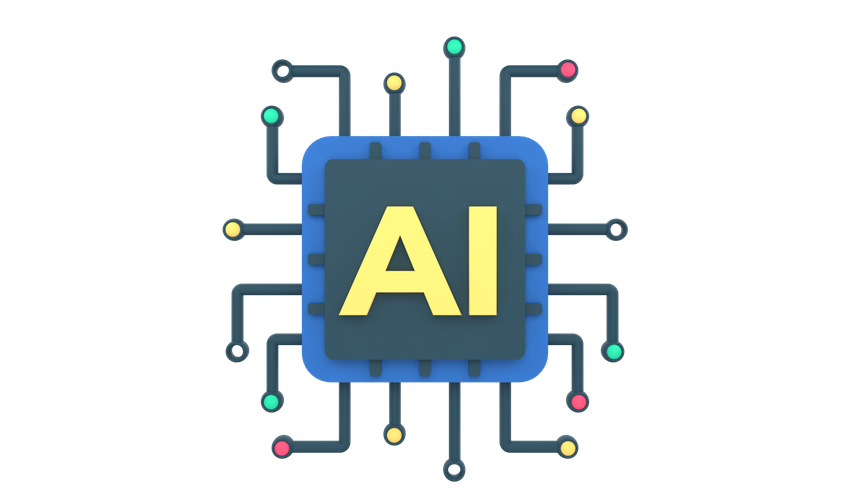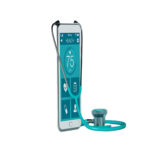Revolutionizing Healthcare
In recent years, integrating artificial intelligence (AI) and machine learning in Electronic Health Record (EHR) systems has paved the way for a revolution in healthcare. These cutting-edge technologies can transform the healthcare landscape significantly, offering advanced diagnostic, treatment, and patient care capabilities. Let’s delve into the realm of AI and machine learning in EHR systems and explore how they are reshaping the future of healthcare.
Enhanced Diagnostic Capabilities
One of the most promising applications of AI and machine learning in EHR systems is diagnostics. These technologies can analyze vast amounts of patient data, including medical histories, lab results, and imaging studies, to identify patterns and trends that might not be immediately apparent to human healthcare providers. By recognizing subtle indicators and correlations, AI-powered EHR systems can assist in the early detection of diseases, leading to more accurate and timely diagnoses.
Personalized Treatment Plans
AI and machine learning algorithms can also be leveraged to develop personalized patient treatment plans based on their unique medical profiles. By considering individual characteristics such as genetic predispositions, lifestyle factors, and previous treatment responses, EHR systems powered by AI can recommend tailored interventions and therapies. This personalized approach to treatment holds the potential to enhance patient outcomes and minimize the occurrence of adverse reactions to medications.
Predictive Analytics for Healthcare Management
Furthermore, integrating AI and machine learning in EHR systems enables the implementation of predictive analytics for healthcare management. By analyzing historical patient data and identifying risk factors, these technologies can aid in forecasting disease progression, predicting hospital readmissions, and optimizing resource allocation. Healthcare organizations can utilize these insights to address potential health complications and allocate resources more efficiently and proactively.
Streamlined Administrative Processes
In addition to clinical applications, AI and machine learning contribute to streamlining administrative processes within healthcare facilities. EHR systems equipped with these technologies can automate and optimize appointment scheduling, billing, and coding tasks. By reducing the administrative burden on healthcare staff, these systems allow professionals to devote more time to direct patient care, improving overall efficiency and patient satisfaction.
Ethical and Regulatory Considerations
Despite AI and machine learning’s tremendous potential in EHR systems, their implementation raises ethical and regulatory considerations. Safeguarding patient privacy, ensuring algorithmic transparency, and mitigating biases in decision-making processes are critical issues that must be addressed. It is essential to establish robust ethical frameworks and regulatory guidelines to govern the responsible use of these technologies in healthcare.
In conclusion, integrating AI and machine learning in EHR systems represents a groundbreaking advancement in healthcare. From augmenting diagnostic capabilities to enabling personalized treatment approaches and predictive analytics, these technologies offer unparalleled opportunities for improving patient care and outcomes. As we continue to harness the potential of AI and machine learning, it is imperative to navigate the ethical and regulatory challenges while embracing the transformative power of these innovations in shaping the future of healthcare.


